Not sold on a foldable Surface? That's OK — new tech takes time to catch on.
Microsoft's foldable PC is set to create a new market – digital journaling – later this year, but many can't see its value. Here is why we have such a hard time adjusting to new technology.

All the latest news, reviews, and guides for Windows and Xbox diehards.
You are now subscribed
Your newsletter sign-up was successful
Microsoft is rumored to be releasing a foldable PC under its Surface brand later this year. Currently codenamed 'Andromeda' the Windows 10 device is set to usher in a new form factor to the market, but some are already saying say it can't succeed.
Here is why new technology always seems unnecessary when it's first released and why that does not matter.
What is Andromeda?
Andromeda is the codename for Microsoft's rumored new device that runs Windows Core OS.
Microsoft 'Andromeda:' Everything we know about the rumored foldable device
Many people are conflating Andromeda with "Surface Phone," but it is more apropos to call it Microsoft Courier 2018 – now with cell phone abilities (yes, it's rumored to make phone calls and do text messaging).
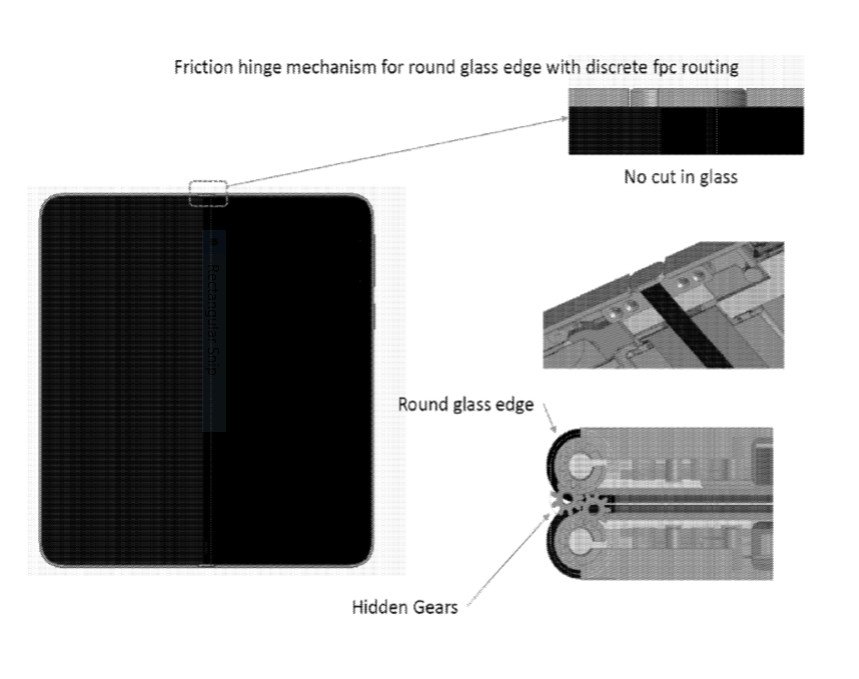
Is it a phone, a tablet, a PC? Which one is it supposed to replace? But what about apps? None of these questions are answerable as they are not relevant.
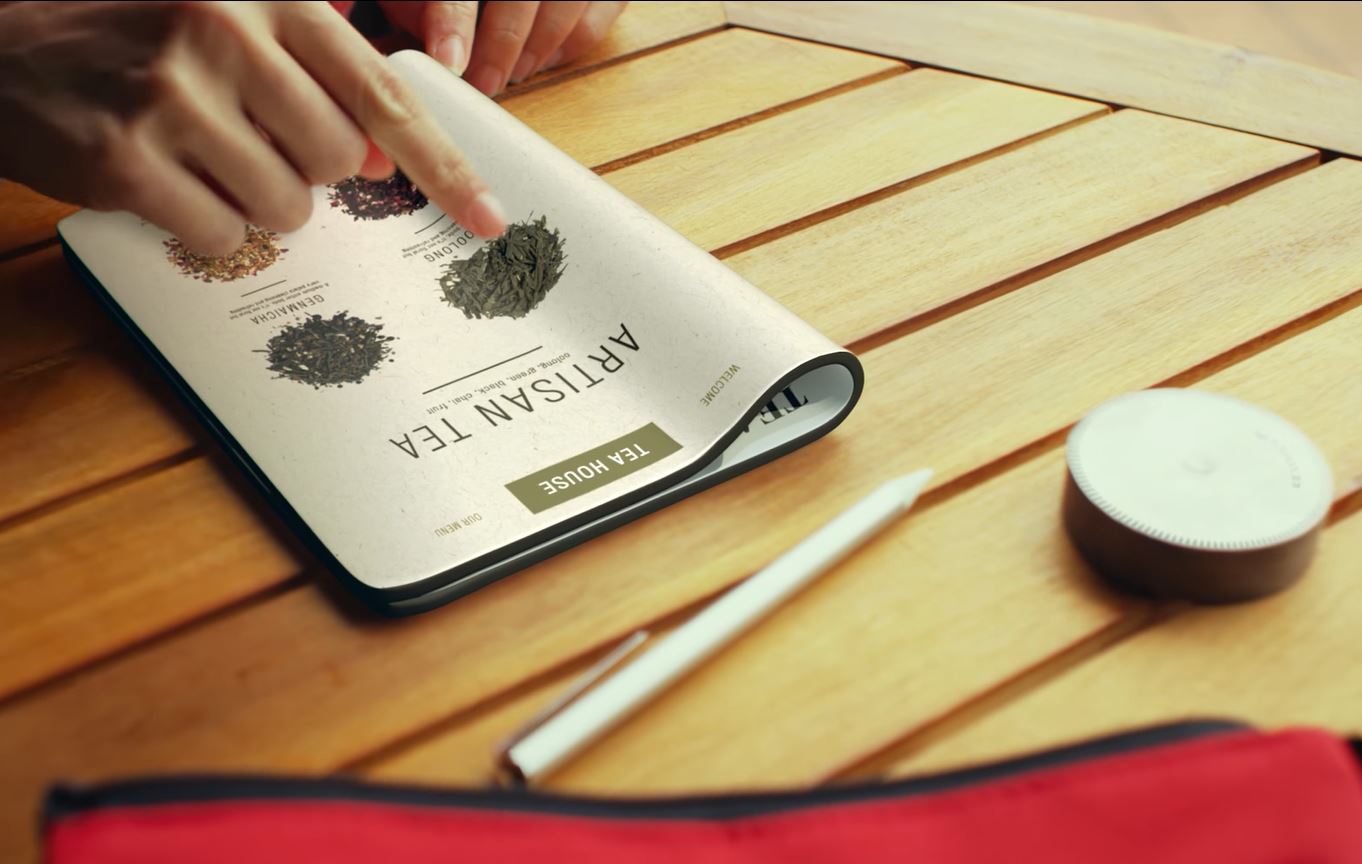
Andromeda is a new device category and for a lot of people that causes some minor cognitive dissonance when they try to imagine using it every day.
All the latest news, reviews, and guides for Windows and Xbox diehards.
The focus is digital inking, notetaking, creativity on the go, 3D creations and manipulation of images, reading books, jotting down ideas, and more. It is the vision of the original Microsoft Courier but made with today's technology instead of eight years ago.
New tech? Don't need it.
I've told the story many times of when I first got a Treo 650 smartphone and how it blew me away. Being familiar with Pocket PCs like the Dell Axim for a few years the marriage of cellular abilities with an operating system, apps, and a full keyboard was mind-blowing. The same was true with the PPC-6800 (the sequel to the groundbreaking PPC-6700).
The thing is none of my friends or family agreed. Sure, by this time cell phones were becoming standard, but why check email, or have a keyboard on your phone? Just wait until you get home, problem solved. I was just being Dan – geeking-out over my new tech toys.
I can repeat these stories for pagers, laptops, PDAs, and just about every piece of cutting edge technology I have bought over the years. Regular people never see the value in them (or they're too expensive).
Therefore, when I hear people talk about Microsoft's Andromeda device – a foldable PC that fits in your pocket – and immediately dismissing it, I get déjà vu.
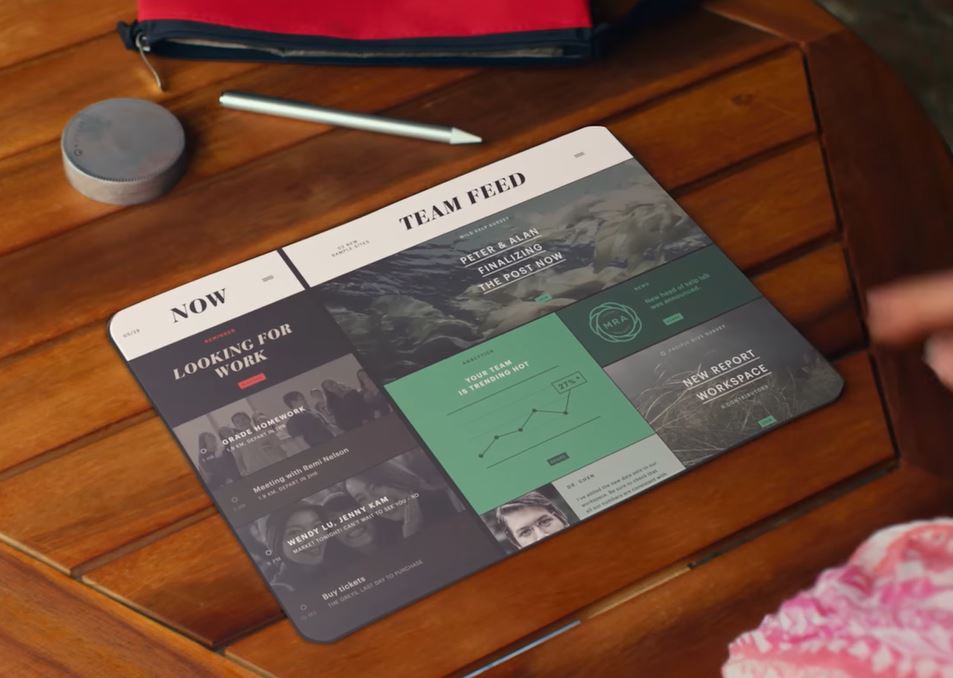
That's not to say Microsoft has a slam dunk on its hands with Andromeda. Very far from it. User experience, price, reliability, performance, feature set, all matter more than being different or new. One reason why the Apple iPhone is the standard bearer of smartphones and not Treos, BlackBerrys, or Pocket PCs, is due to one company figuring out the winning formula.
Back in 2006, you were the oddball if you have a Treo mounted on your belt – the nerd, the info geek. In 2018, you are the weirdo if you don't have a smartphone. Times change and people learn to adjust.
Look how ordinary it is now to know how many footsteps you take a day.
Think outside of the box
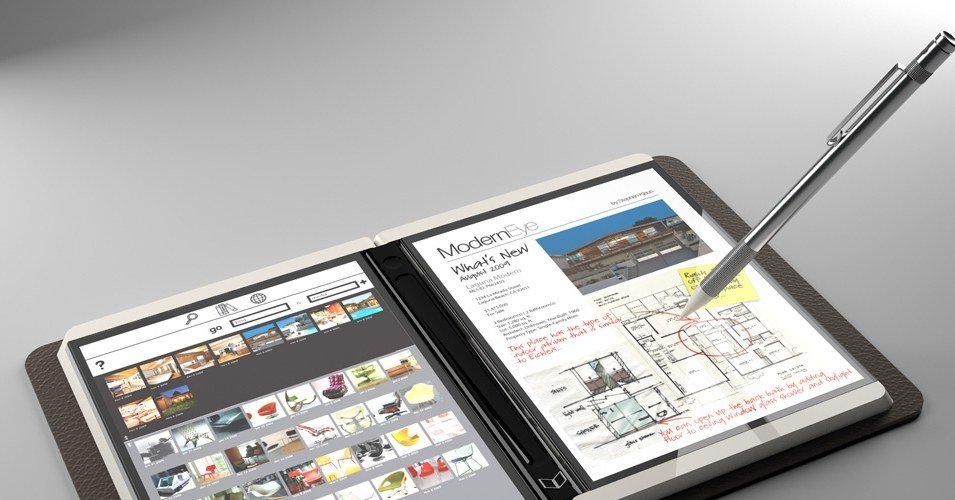
Will I make use of a foldable device that lets me take notes, jot down ideas, send sketches to people over LTE and then flip to be a phone?
I don't know. And that's exciting. The reason I don't know is no one has ever given me a digital inking device that fits in my pocket and asked me to make use of it. I have no frame of reference - just similar experiences that are kind of like it, but not really.
If I gave you a foldable PC that can do 3D scans of objects in real time would you use it? You probably don't know either, because, again, no one has ever given you one to use.
That is what Microsoft is attempting to do here: give people a new tool to see what they do with it.
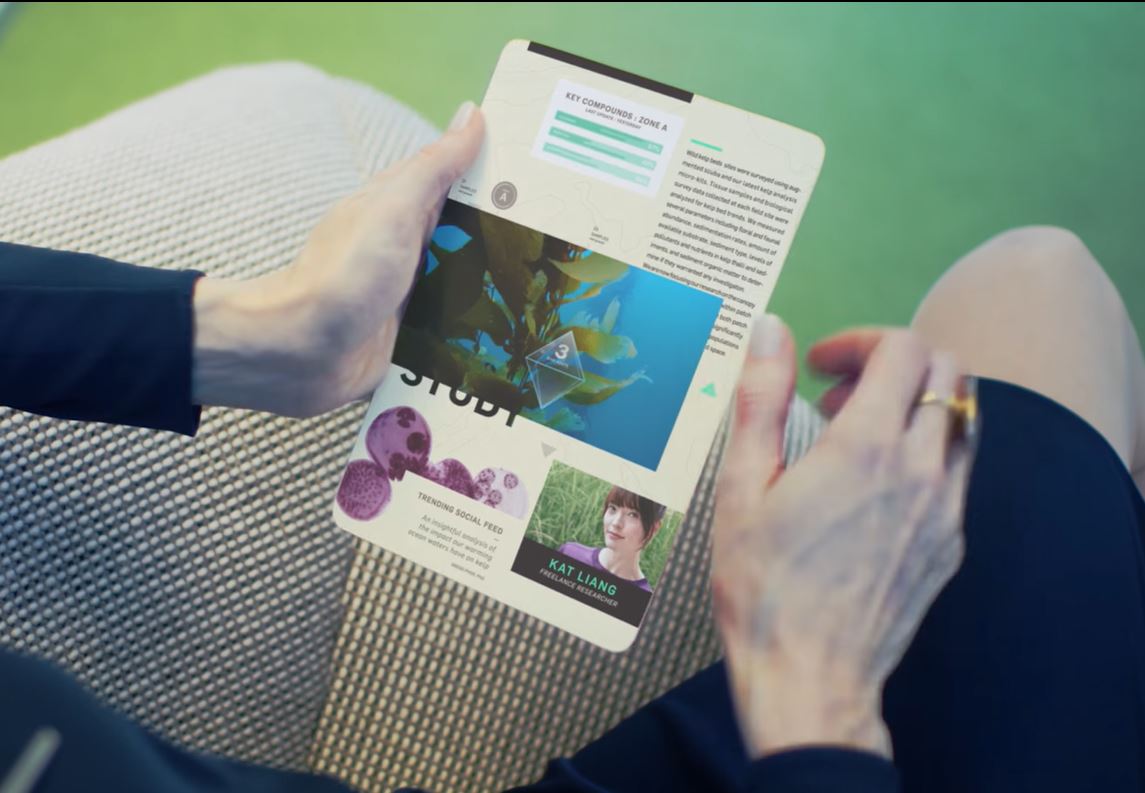
I didn't need a pager. I never needed a PDA. I didn't need a laptop back when there was no internet, Wi-Fi, or a wide array of commercial software. But I wanted them. I even eventually figured how to do cool stuff with them (Wardriving, anyone?).
Later, all that early adopter eagerness made me a semi-expert on the topic, which leads me to this job. Fifteen years later, I'm in a world where everything is mobile, and 5G networks are on the horizon. People's phones talk to satellites in space for GPS, and no one even thinks it's special anymore.
It's a crazy time that we live in, arguably the most exciting time for technology. Maybe Microsoft and the Surface team won't get Andromeda right, but all new product categories are slow burners to get started. Don't forget people laughed of a Windows-based tablet with a floppy keyboard before. Now? They're normal. (I also remember people dismissing touchscreen laptops, ahem).
Think hard about some technology that you bought into early that later became standard. Let me know in comments what you think the challenges are for creating new computing categories and whether a digital journal PC is something that people will be ready for. I'm not sure I am, but I can't wait to try.

Daniel Rubino is the Editor-in-Chief of Windows Central. He is also the head reviewer, podcast co-host, and lead analyst. He has been covering Microsoft since 2007, when this site was called WMExperts (and later Windows Phone Central). His interests include Windows, laptops, next-gen computing, and wearable tech. He has reviewed laptops for over 10 years and is particularly fond of Qualcomm processors, new form factors, and thin-and-light PCs. Before all this tech stuff, he worked on a Ph.D. in linguistics studying brain and syntax, performed polysomnographs in NYC, and was a motion-picture operator for 17 years.
